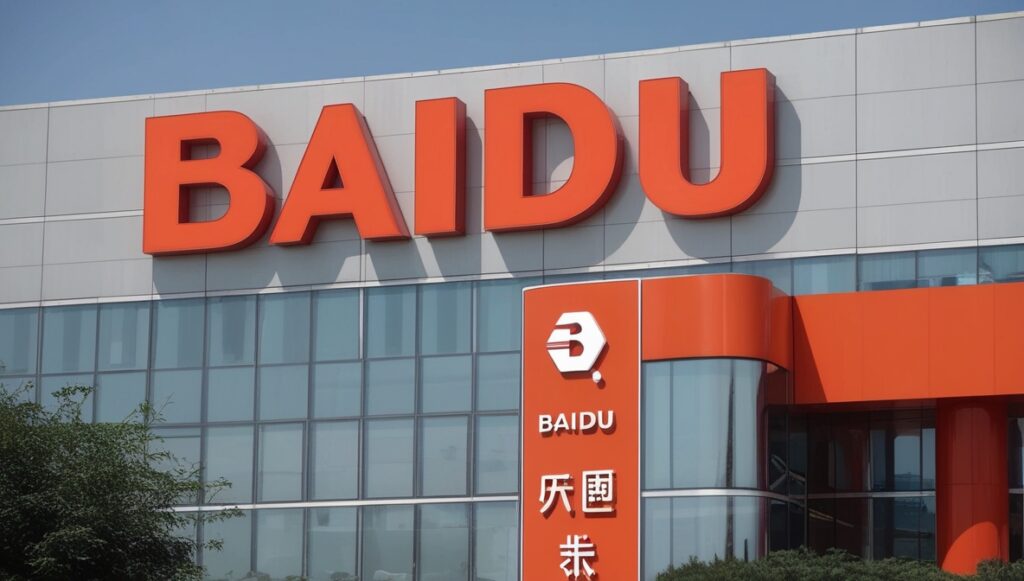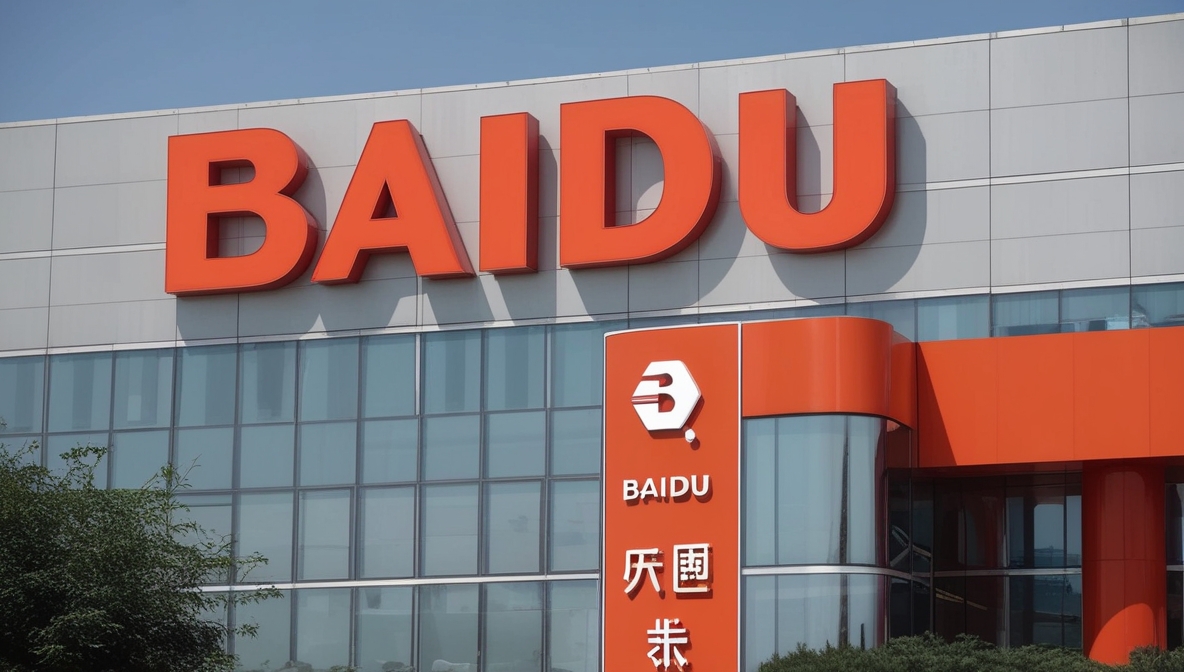
When it comes to search engines, Google may dominate much of the world, but in China, Baidu holds the crown. Baidu is not just a search engine; it’s a comprehensive technology and artificial intelligence (AI) company that offers a range of services and products tailored for the Chinese market. For businesses looking to expand into China, understanding Baidu’s ecosystem and optimizing your website for its search engine is crucial to achieving success in this massive digital landscape.
In this article, we will dive into Baidu’s history, its core services, how it compares to other search engines, and, most importantly, how businesses can effectively optimize their websites for Baidu SEO. By the end, you will have a comprehensive understanding of Baidu and its significance in the world of digital marketing.
What is Baidu?

Baidu is a Chinese multinational technology company, often referred to as “the Google of China.” It was founded in 2000 by Robin Li and Eric Xu. Baidu’s core business revolves around its search engine, which controls over 70% of China’s search market share. While Baidu is best known for its search engine, it also offers a wide range of products and services including cloud computing, AI-powered devices, maps, and mobile apps.
Baidu has a similar ecosystem to Google in that it incorporates several verticals beyond traditional search, such as Baidu Baike (similar to Wikipedia), Baidu Maps (similar to Google Maps), Baidu Zhidao (a Q&A platform like Quora), and Baidu Tieba (a forum-based social network). These interconnected services provide Baidu users with a comprehensive online experience, making it one of the most powerful platforms for businesses aiming to connect with Chinese consumers.
Baidu’s Core Services
- Baidu Search: The primary service of Baidu, and the one most relevant to SEO, is its search engine. Similar to Google, Baidu Search allows users to find websites, images, videos, news, and other forms of online content. However, unlike Google, Baidu prioritizes Chinese-language content and is designed to cater to China’s unique regulatory environment and user preferences.
- Baidu Ads: Like Google Ads, Baidu offers paid advertising opportunities to businesses, allowing them to promote their products and services at the top of search results. This is a critical component of digital marketing in China, as paid ads often dominate the first page of search results on Baidu.
- Baidu Maps: Baidu Maps is widely used in China and offers services like navigation, local business information, and location-based advertising. This tool is essential for businesses with a physical presence in China, as it helps users locate stores, restaurants, and service providers.
- Baidu AI: In recent years, Baidu has expanded significantly into artificial intelligence, becoming a leader in China’s AI sector. Baidu AI powers a range of technologies, from smart devices and autonomous vehicles to machine learning algorithms that improve the accuracy of search results and recommendations.
- Baidu Cloud: Baidu’s cloud computing service, Baidu Cloud, offers storage, computing power, and AI services to businesses. This can be a crucial resource for companies looking to scale in China.
The Rise of Baidu and Its Role in China’s Digital Market
Baidu’s growth can be traced back to China’s restrictions on foreign internet companies, particularly Google. In 2010, Google decided to exit the Chinese market due to increasing censorship and regulatory issues. This left Baidu with a clear path to dominate the search engine market, and it quickly became the go-to platform for Chinese users.
The Chinese internet ecosystem is notably different from the rest of the world, not just because of regulatory factors, but also because of language, culture, and technological preferences. This makes Baidu a crucial tool for businesses aiming to penetrate the Chinese market. Understanding how to effectively utilize Baidu, both in terms of organic SEO and paid advertising, is essential for success.
Baidu vs. Google: Key Differences
Though Baidu and Google share many similarities, there are some significant differences that businesses need to understand when targeting Chinese consumers:
- Language: Baidu is optimized for Chinese language content. While Google supports a wide variety of languages, Baidu’s algorithms are specifically designed to handle Chinese better than any other language.
- Censorship and Regulations: One of the major differences between Baidu and Google is how they handle content. Due to Chinese government regulations, Baidu follows strict censorship guidelines. Certain topics or keywords are heavily restricted, and content that does not align with government policies can be penalized or blocked entirely.
- Search Results Layout: On Baidu, paid search results often take up a larger portion of the first page compared to Google. This means businesses may need to invest more in paid advertising to appear at the top of search results.
- Technical SEO: While both search engines place a premium on well-structured websites, Baidu’s algorithms tend to favor simpler HTML structures. Flash-based or overly complex websites may not perform well on Baidu.
- Link Building: Google places high importance on backlinks as a measure of a site’s authority. While Baidu also values backlinks, it places a stronger emphasis on the quantity of backlinks from Chinese websites. Additionally, Baidu is more lenient towards low-quality backlinks, though this is slowly changing as the platform matures.
How to Optimize for Baidu SEO

Optimizing your website for Baidu requires a slightly different approach than Google. Here are some key tips to help you succeed with Baidu SEO:
1. Host Your Website in China
One of the most critical factors for ranking well on Baidu is having a fast-loading website. Due to China’s Great Firewall, websites hosted outside of China may experience significant latency. Hosting your website within China, or using a Content Delivery Network (CDN) that optimizes performance for Chinese users, is essential for fast loading times, which are heavily favored by Baidu’s algorithms.
2. Use a .cn Domain
Having a .cn domain is a strong signal to Baidu that your website is relevant to Chinese users. While it’s not absolutely necessary to have a .cn domain to rank, it can provide a slight edge over competitors who do not. Additionally, using a local Chinese IP address for your web hosting can further improve your site’s ranking potential.
3. Create High-Quality Chinese Content
Baidu favors websites with original, high-quality content written in simplified Chinese. Ensure that your content is not only well-written but also relevant to the Chinese market. If possible, hire native Chinese writers who can craft content that appeals to local users and complies with cultural norms.
4. Follow Chinese Censorship Laws
Baidu operates under the strict content censorship laws of China. Ensure that your content does not include any politically sensitive topics, explicit material, or anything else that could be flagged by the government. This not only helps with Baidu SEO but also ensures that your website remains accessible to Chinese users.
5. Optimize for Mobile
Just like Google, Baidu places significant importance on mobile optimization. With the majority of Chinese internet users accessing the web via mobile devices, ensuring that your website is mobile-friendly is crucial. Baidu also offers its own mobile-friendly certification, which can boost your rankings if achieved.
6. Focus on Meta Tags and Keywords
Baidu’s algorithms still rely heavily on traditional SEO factors like meta tags and keywords. Ensure that your title tags, meta descriptions, and header tags are optimized with relevant keywords in simplified Chinese. Unlike Google, Baidu still considers meta keywords as a ranking factor, so include them in your optimization efforts.
7. Build Local Backlinks
Backlinks from local Chinese websites carry more weight in Baidu’s ranking algorithm than those from international sites. Focus on building partnerships with reputable Chinese websites, directories, and forums to boost your site’s authority.
Conclusion

Baidu is the dominant search engine in China, making it an essential platform for businesses looking to tap into the Chinese market. However, optimizing for Baidu is different from optimizing for Google. By understanding Baidu’s core services, how it compares to other search engines, and the specific SEO strategies that work best, you can increase your chances of success in China’s highly competitive online landscape.
At Dust Digital Marketing Ltd, we specialize in helping businesses navigate the complexities of SEO, including optimizing for Baidu. If you’re ready to expand into the Chinese market, contact us today at Dust Digital Marketing to learn how we can help you achieve your goals through effective SEO strategies tailored for Baidu.
With the right approach, Baidu can become a powerful tool in your digital marketing arsenal, allowing your business to thrive in one of the world’s largest and fastest-growing markets.

